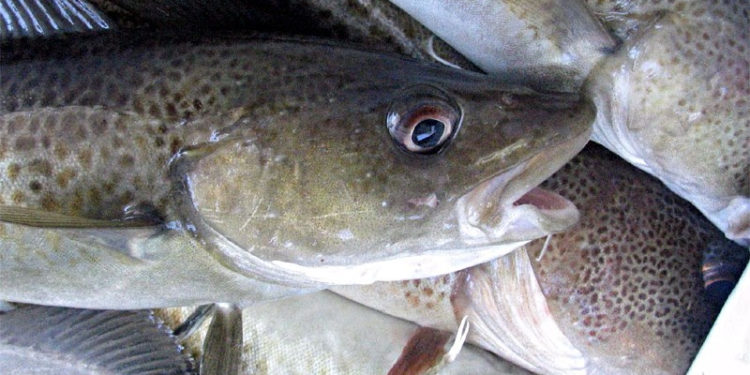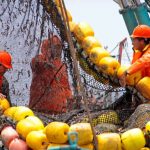Europêche has hit back at the Commission’s 2017 proposals for Baltic cod allocations, which sees a colossal decrease from last year’s figures. The quota proposed for Western Baltic cod amounts to 1588 tonnes, down 88% from 2016 figures and a reduction of almost 40% for the Eastern stock.
According to Europêche, which represents fishermen across Europe, the problem is not the stock but the way the advice has been assessed – which now includes advice for recreational fishermen. The latter, who are not actually regulated by the Common Fisheries Policy, have been offered the lion’s share of the quota: 61% more than the commercial sector.
Europêche also argues that the Western Baltic cod stock has never been above Btrigger level due to a whole host of reasons including environmental, natural fluctuations and salinity levels but also due to the reference level being set higher than relevant. There is substantial migration between subdivisions 24 and 25 meaning it is extremely difficult to consider the stock as two separate stocks. This must be taken into account when taking decisions on quota allocations.
‘The number of active fishing vessels in the Danish Baltic fleet has been continuously reduced in the last 15 years from around 700 to just 200 vessels, the majority belonging to the small scale fleet who will feel the biggest impact from these potential cuts, leading to a certain collapse of local fishing communities,’ said Europêche president Javier Garat.
The socio-economic effects of these proposals would have disastrous consequences on many small harbours. After the termination of the industrial fishery for herring and sprat, these fishing communities are totally dependent on fishing for cod, plaice, flounder and dab. It is not only fishermen themselves who would be affected but the entire supply chain.
‘With a more fair and manageable decrease, we can still increase stock biomass and still be in line with the Baltic plan. Instead, small-scale fishermen have been sacrificed on the altar of fundamentalist MSY at the expense of vulnerable, coastal communities,’ Javier Garat concluded.









